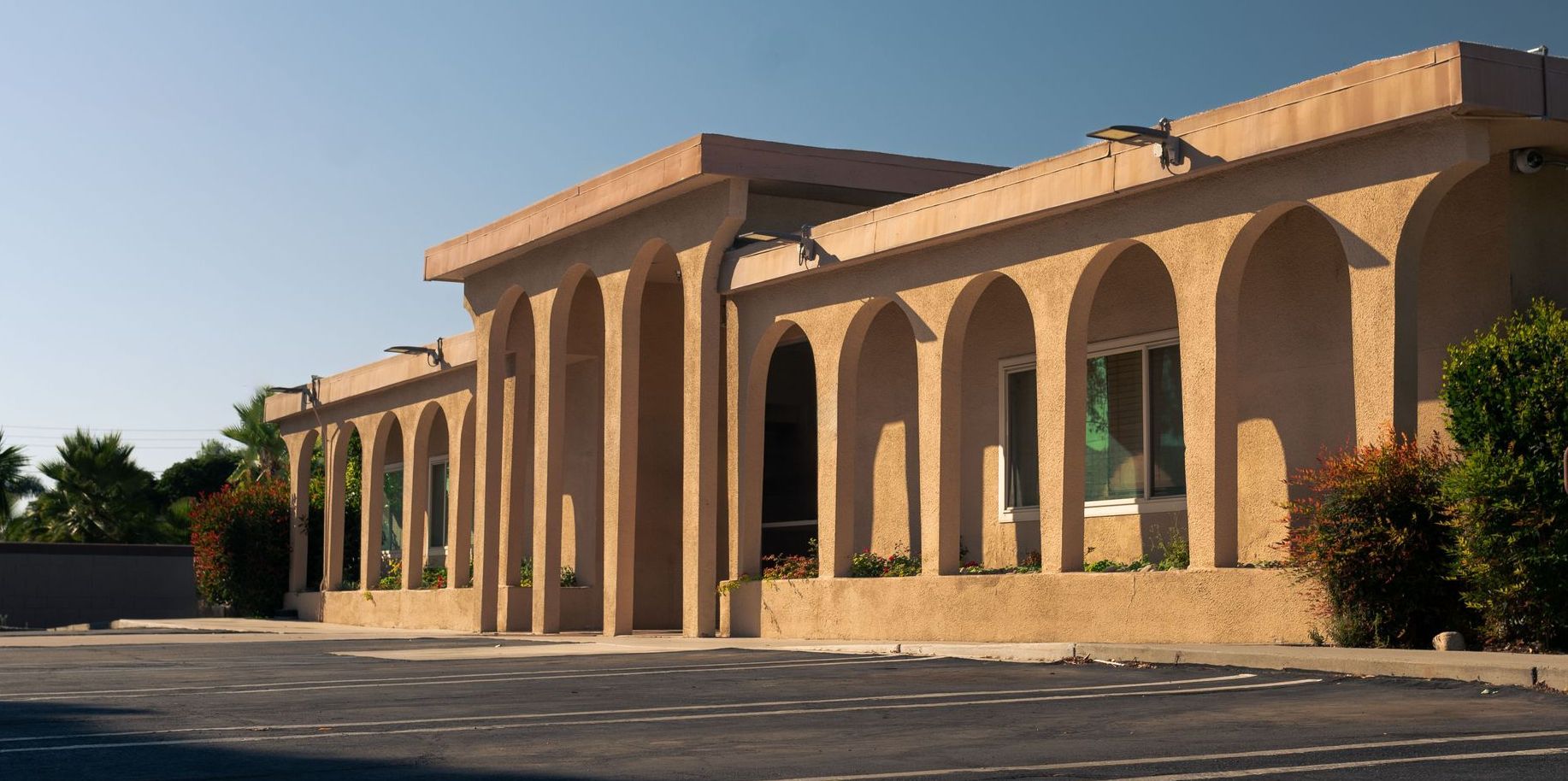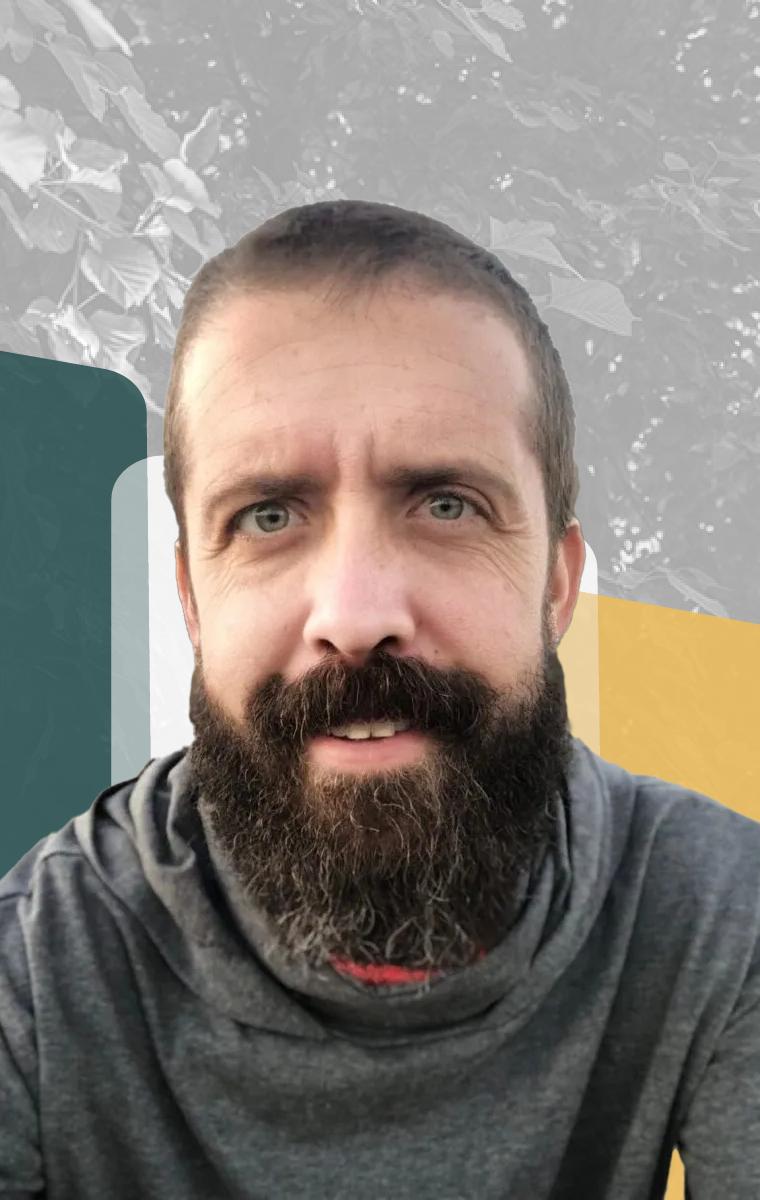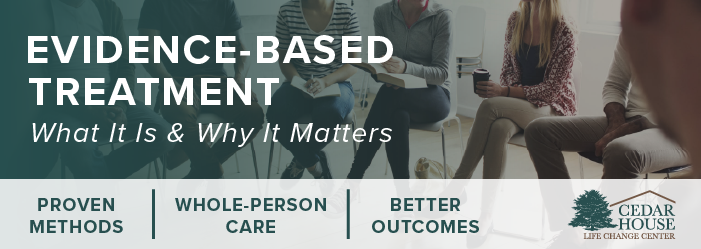Quality Problems

“It’s a lot of work and a lot of stress to get things back that we lost, but these are quality problems to have.”
Nowadays that is the message Jim shares with clients at the recovery center where he works. He enjoys interacting with the clients and sharing his experience because of his great appreciation for how far he has come in his own recovery journey.
Jim’s struggles with addiction started about ten years ago. After long days at a stressful job in the medical field doing lab work frequently from a coroner’s office, he would drink to unwind and erase the disturbing images he had seen throughout the day.
“It progressed to a more constant thing. It really took hold after a while. I needed it every day.”
As his alcoholism worsened, his relationships became strained. He attempted treatment for the first time in 2011 but only maintained his sobriety for about nine months. The next year, his wife left him. After that, Jim managed to “keep it together for the most part” as a single dad, but drinking continued to be a part of his life.
Another pinnacle came in 2017 when Jim got a DUI. He went back to treatment for thirty days but immediately returned to his old habits. His wife came back and took their kids with her. This sent Jim back into treatment hopeful that a different facility would make a difference for him. It did not. After 90 days of treatment, he got out in September and started drinking again a month later.
The following year when his kids came for a visit, he drank the whole time. He had gotten to the point of drinking a gallon of whiskey a day. When he showed up in his parents’ driveway one afternoon, he was inebriated and said things that led them to call the sheriff’s office and have him admitted in Arrowhead Regional Psychiatric Ward. After eight days there, his social worker through the Department of Behavioral Health had him admitted in the Men’s Residential Program at Cedar House.
November 2, 2018, was Jim’s first day at Cedar House. He stayed for 111 days and has maintained sobriety ever since.
After his other failed attempts at treatment, why was Cedar House different? He says it was the caring staff and family atmosphere he found there. His case manager Michael connected with him and even nominated him to be “Res. Pres.”
“I’ve always been a people person but was never really given the opportunity. I started to really care about the other guys.”
He followed his case manager’s example. He respected his approach to treatment and could see that being of service in recovery was a key to sustaining it.
“I really took to heart all the tools I was learning.”
He sought out a sober living facility after graduating from Cedar House on February 2, 2019. He became House Manager a few months later then began working as a landscaper for a children’s foundation. When he got a phone call from a childhood friend offering him a job at a treatment center in Corona, he knew it was the right move. Now, Jim is happily employed as an Admissions Coordinator where he can give back to the recovery community. He has been reunited with his daughter after several years apart. With 22 months clean, Jim still has daily stress and struggles, but now he perceives these challenges that life hands him as “quality problems” to have as he holds tight to his loved ones with gratitude and dedication to recovery.


When someone is seeking help for drug or alcohol addiction, one of the most important questions to ask is: Is this treatment evidence-based? The answer can make a meaningful difference in recovery outcomes, safety, and long-term stability. At Cedar House Life Change Center, evidence-based treatment is the foundation of everything we do. Our programs are designed using approaches that are backed by research, clinical best practices, and decades of real-world experience serving individuals and families in the Inland Empire. What Does “Evidence-Based Treatment” Mean? Evidence-based treatment refers to therapies and clinical practices that have been scientifically studied and proven effective in treating substance use disorders and co-occurring mental health conditions. These approaches are recommended by national health authorities and continuously evaluated to ensure they improve outcomes. Unlike untested or purely anecdotal methods, evidence-based care relies on: Clinical research Outcome data Professional standards of care Ongoing evaluation and improvement In addiction treatment, this matters because recovery is complex, personal, and deeply impacted by mental health, trauma, and social factors. Why Evidence-Based Treatment Matters in Recovery Addiction affects both the brain and behavior. Effective treatment must address more than substance use alone. Evidence-based treatment: Improves engagement and retention in care Reduces relapse risk Supports mental health and emotional regulation Helps individuals build practical coping skills Increases long-term recovery success For families and referral partners, evidence-based care also provides confidence that treatment decisions are grounded in proven methods—not trends or shortcuts. Evidence-Based Treatment at Cedar House Cedar House has served adults seeking recovery for decades, and our treatment model continues to evolve based on best practices and community need. Structured, Research-Supported Curricula Cedar House utilizes well-established, evidence-based curricula, including: The Matrix Model, a structured approach shown to be effective in treating substance use disorders Living in Balance, a nationally recognized curriculum that addresses substance use, mental health, relapse prevention, and life skills These frameworks provide consistency while allowing flexibility for individual needs. Integrated, Whole-Person Care Evidence-based treatment recognizes that recovery is not one-size-fits-all. At Cedar House, clients participate in therapeutic groups and services that address: Substance use patterns Co-occurring mental health conditions Trauma and stress Family relationships Emotional regulation and coping skills This integrated approach supports both short-term stabilization and long-term recovery. Medication-Assisted Treatment (MAT) When clinically appropriate, Cedar House incorporates Medication-Assisted Treatment (MAT) as part of an evidence-based recovery plan. MAT is widely recognized as an effective tool for reducing cravings, supporting stabilization, and improving treatment retention, especially when combined with counseling and behavioral therapies. Individualized Services While evidence-based models provide the framework, treatment at Cedar House is always individualized. Clinical teams work with each client to develop a plan that reflects their history, goals, strengths, and challenges. T his balance between structure and personalization is a hallmark of effective evidence-based care. Why Evidence-Based Care Matters for Families and Referral Partners Choosing a treatment program is a significant decision. Evidence-based treatment offers reassurance that: Care is aligned with clinical standards Services are ethically and professionally delivered Treatment approaches are supported by research and outcomes Recovery planning is intentional and goal-oriented For referral partners, evidence-based programs help ensure continuity of care and better outcomes for the individuals they serve. A Commitment to Quality and Accountability At Cedar House, evidence-based treatment is not a buzzword. It’s a commitment. Programs are continually reviewed, staff are trained in best practices, and services are delivered with compassion, accountability, and respect for each individual’s recovery journey. Getting Help That’s Grounded in What Works If you or a loved one is exploring treatment options, understanding whether a program uses evidence-based approaches is an important first step. At Cedar House, treatment is grounded in what works because recovery deserves care that is informed, intentional, and proven. To learn more about Cedar House programs or to access services using private health insurance, explore the website or call 909-421-7120 today.

The holiday season can be joyful but also challenging. For many people, the holidays are a time of togetherness and celebration. But for those in recovery from substance use, this season can bring a mix of emotions -- joy and gratitude, but also stress, temptation, and pressure. Family gatherings, social events, and memories of past holidays can test even the strongest commitment to sobriety. At Cedar House Life Change Center, we understand these challenges. Our mission is to help individuals and families build lasting recovery through treatment, education, and ongoing support. Here are a few practical ways to protect your sobriety and stay connected to hope this holiday season. 1. Plan Ahead for Triggers Before attending a party or event, think about what might challenge your recovery. Bring your own non-alcoholic drink, drive yourself so you can leave early if needed, and connect with your sponsor or peer network before you go. Preparation gives you confidence and control. 2. Stay Connected to Your Support System The holidays can feel isolating, especially if you’re making lifestyle changes. Reach out to supportive friends, family members, or recovery peers who understand your journey. Schedule a check-in or attend a support group before and after big events. Staying connected helps you stay grounded. 3. Prioritize Self-Care Take care of yourself, physically, emotionally, and spiritually. Maintain regular sleep, eat balanced meals, get outside, and make time for reflection or prayer. A calm and nourished mind is your strongest ally in maintaining sobriety. 4. Set Boundaries and Say “No” Without Guilt You don’t have to attend every event or explain your choices. Declining an invitation or leaving early doesn’t make you antisocial. It makes you strong. Your recovery is your priority, and real friends and loved ones will respect that. 5. Keep Recovery at the Center of the Season Stay consistent with meetings, counseling, or alumni groups. Cedar House offers aftercare support, relapse prevention programs, and peer connections that help clients stay engaged long after treatment. Recovery doesn’t stop after discharge. It’s a lifelong process of growth and renewal. You Don’t Have to Do This Alone If you or someone you love is struggling this holiday season, Cedar House Life Change Center is here to help. Our compassionate team provides evidence-based treatment, medical support, and recovery programs designed to meet each person’s unique needs. Reach out today to learn how we can help you or your loved one find peace, purpose, and sobriety this holiday season and beyond.


Share On: